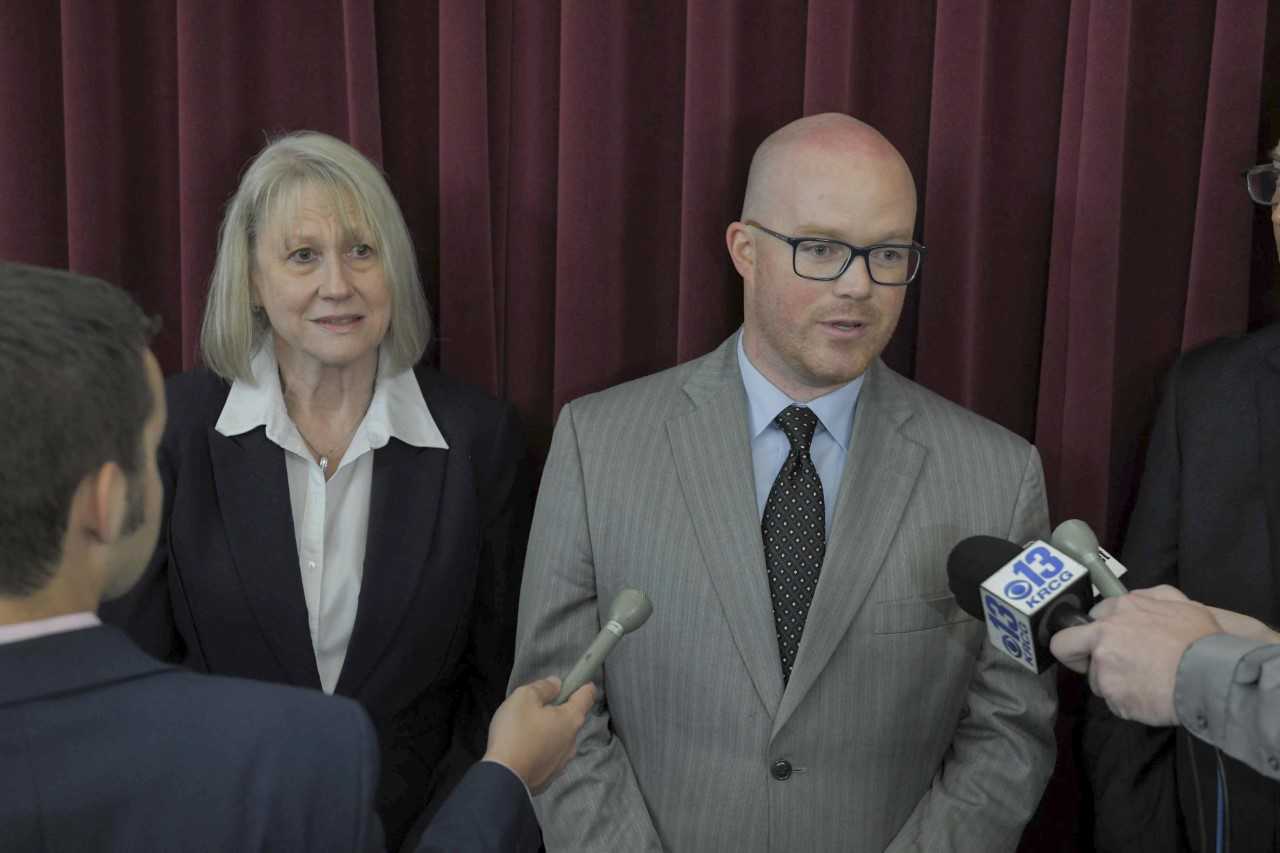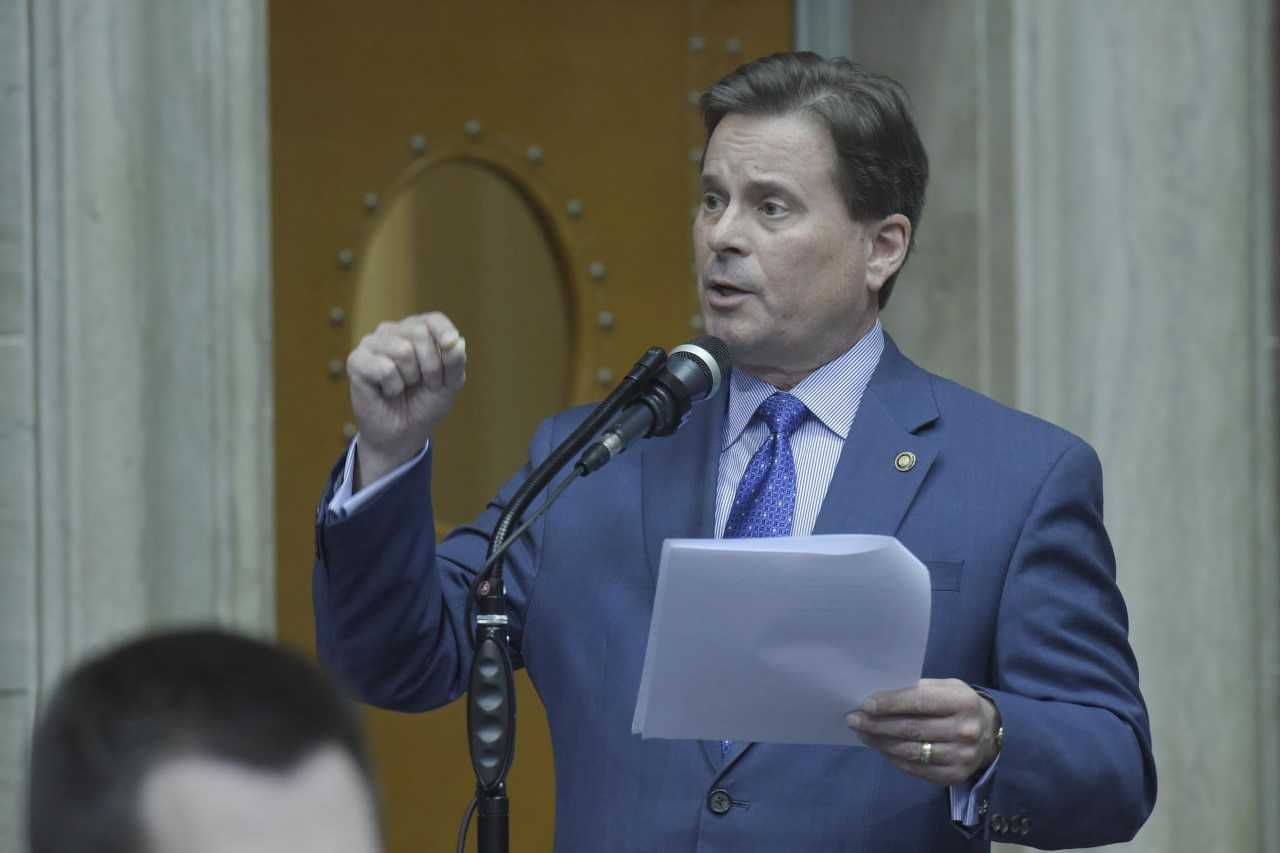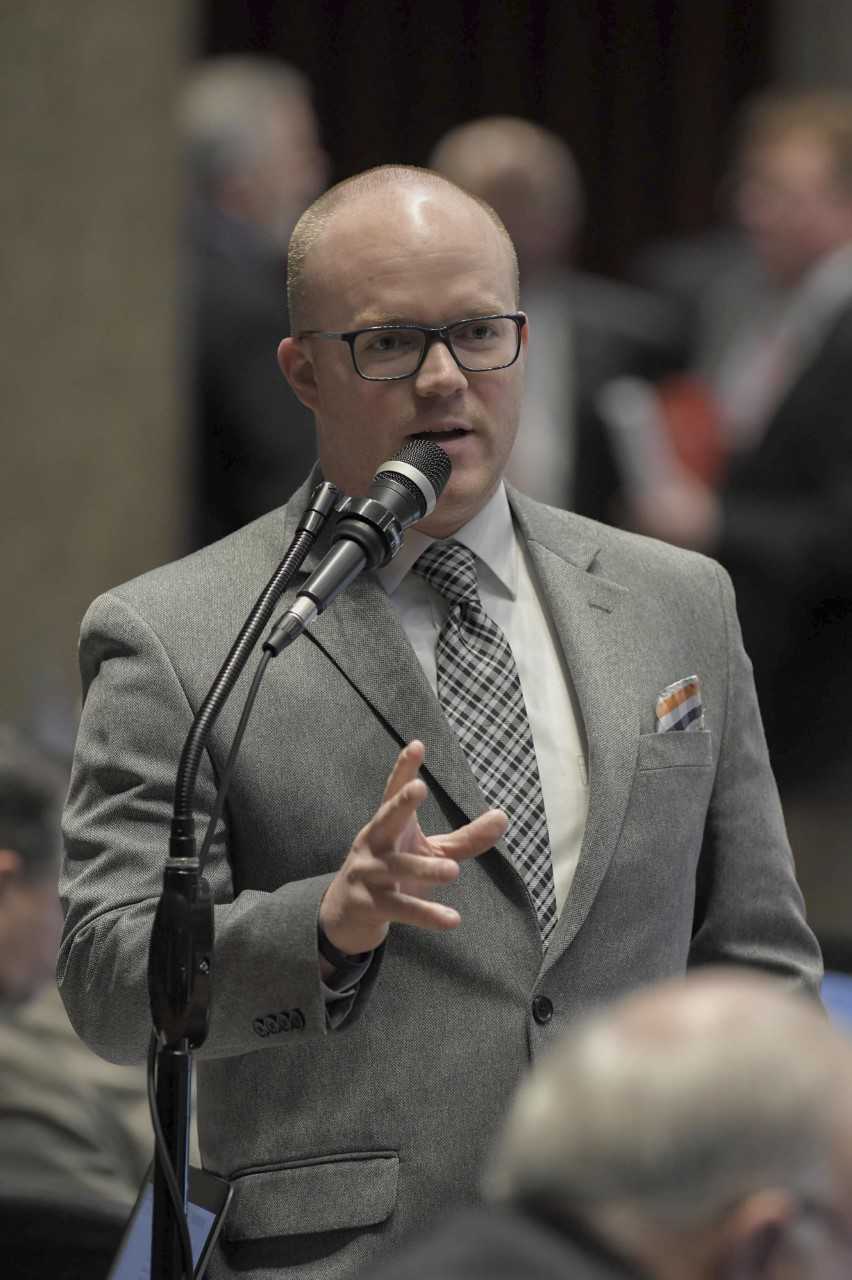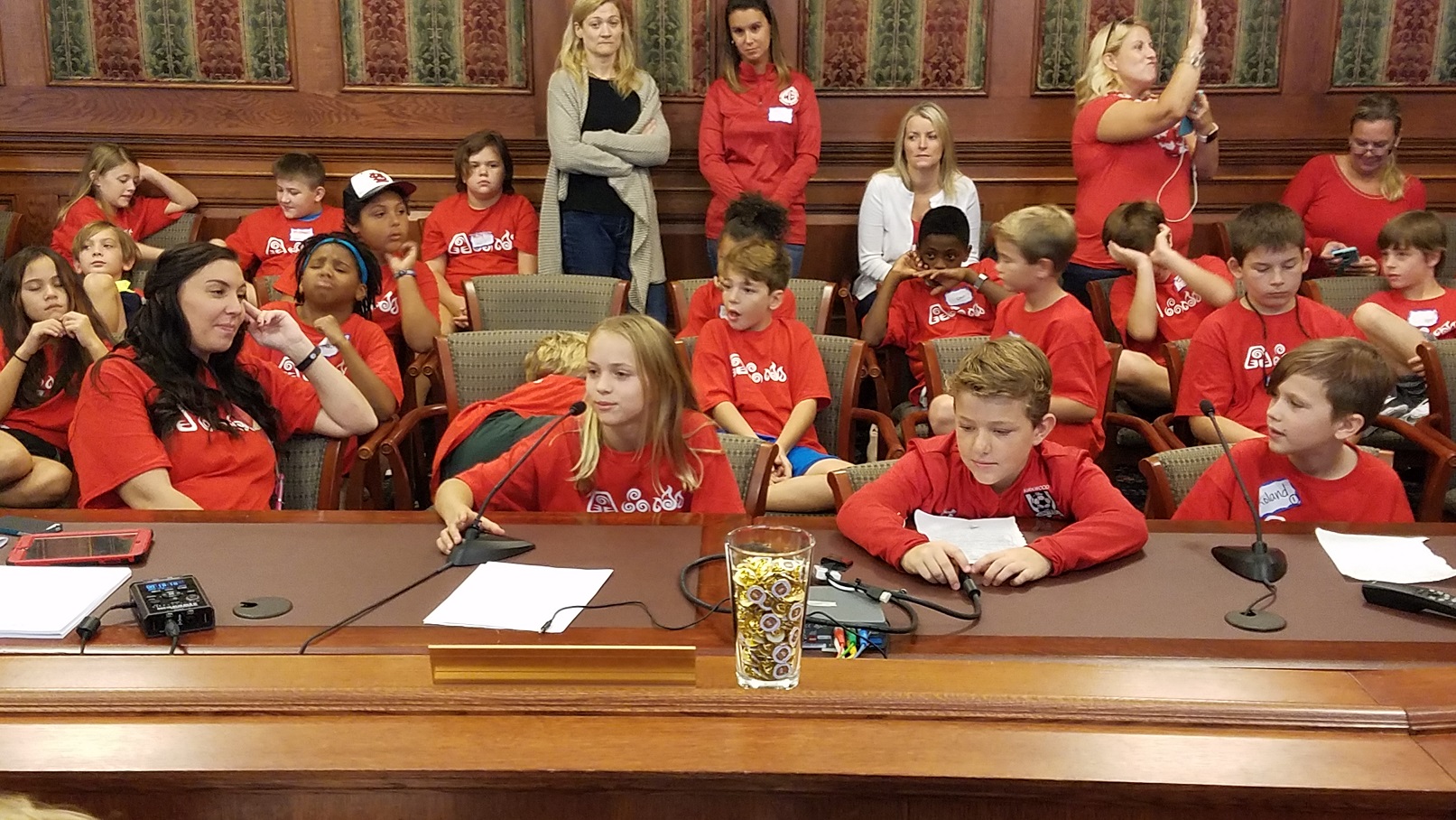The Missouri House will consider limitations on when the state’s public schools can restrain students or put them in seclusion.

Two bills were prefiled for the session that begins next month, one by Representative Dottie Bailey (R-Eureka) and one by Representative Ian Mackey (D-St. Louis). Missouri is one of 11 states that has no protective laws for students with disabilities. It also has no law protecting against seclusion or restraint.
Bailey, who will be the vice-chair of the House Committee on Elementary and Secondary Education, said she was disturbed by the stories she heard when Mackey presented his legislation during the 2019 session.
Bailey said she was surprised to learn how restraint and seclusion were being applied.
“It’s very archaic or medieval, whatever words you want to use,” said Bailey.
Mackey said advocates brought the issue to him and when he researched it, the stories he read were alarming, and many of them come from Missouri.
“I began to research it and quickly found story after story after story of children who had been locked in these rooms, these closets, without their parents knowing, for extended periods of time, for multiple days, in every part of our state,” said Mackey. “It immediately became clear to me that it was an urgent issue and that it was an issue that we should address right away.”

House Bills 1568 (Bailey) and 1569 (Mackey) would ban the use of seclusion and restraint except when there are health or safety concerns for students, teachers, or staff; require that when restraint or seclusion are used that all parties involved except students write a report on the incident; and require the notification of parents or guardians of the incident within 24 hours. It would allow parents or guardians access to all reports on the incident and the right to a meeting to review it, and allow them to file a complaint with the Department of Elementary and Secondary Education.
Bailey said just as important is that the legislation would put into state law a definition of seclusion and restraint.
Both lawmakers say there could be times when seclusion or restraint is necessary, so their bills don’t aim to bar it altogether.
“I think that there are a few stories that exist of children who can at some points be particularly violent, and obviously if a child is being violent and posing a direct, serious physical safety threat to others around them, then that’s an instance where that child needs to be removed and that’s what our bill allows for,” said Mackey. “What we see happening … is kids are just doing kid things … they’re not exhibiting a threat to the extent that would require them to be locked away, and again without their parents even being notified.”
Two House committees passed Mackey’s legislation in 2019. He and Bailey are optimistic their bipartisan effort can get a bill through the legislative process in 2020.
The new session begins January 8.








